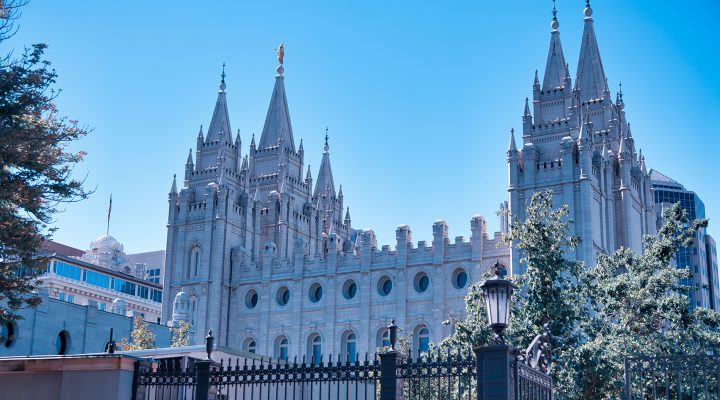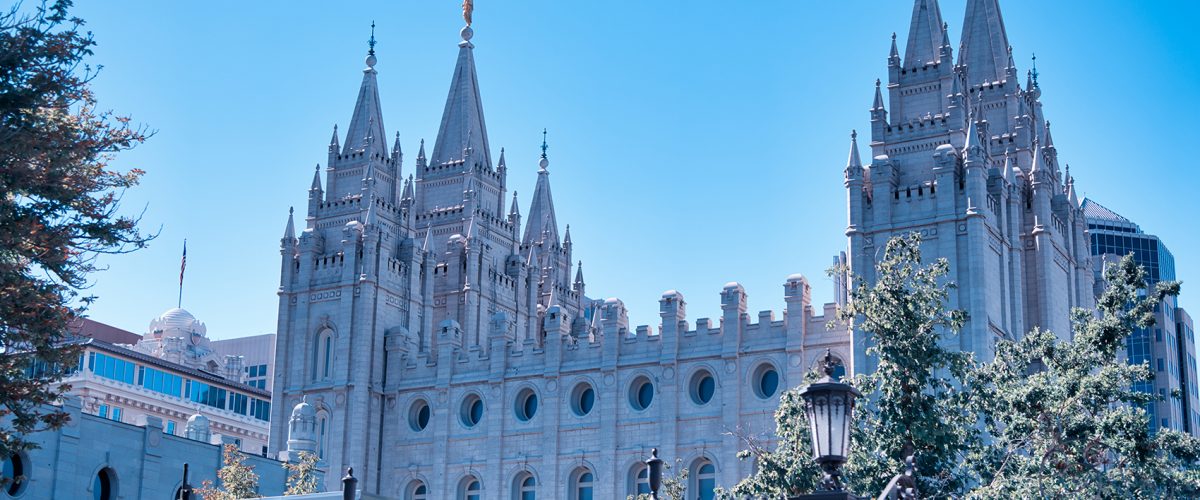The Church of Jesus Christ of Latter-day Saints, known as the Mormon church, has taken one of the harshest formal positions against transgender identity of any faith group in America.
Last month, LDS leaders rolled out new policies that bar transpeople from working with children, becoming priests and serving as teachers. The church also expanded on an existing rule that barred trans people from being baptized — an essential entry point into the life of the church.
While many conservative evangelical churches and denominations are no less friendly toward transgender identity, they typically do not adopt formal policies with such ability to exclude people from the church.
The Southern Baptist Convention, for example, passed a harsh resolution against “gender transitions” in 2023 but stopped short of denying church membership or salvation to people who are transgender or nonbinary.
In the LDS Church, members who are identified as transgender will be treated like those who have committed incest, sexual predatory behavior, sexual violence against children and embezzlement of church funds. Their records will be annotated.
“Church leaders counsel against pursuing surgical, medical or social transition away from one’s biological sex at birth,” according to the church’s General Handbook. “Leaders advise that taking these actions will result in some church membership restrictions.”
Yet church leaders claim those who “transition away from their biological sex at birth” will not be turned away. Instead, “these individuals and their families are encouraged to counsel with their local leaders regarding church participation.”
Laurie Lee Hall, a transgender woman who was excommunicated in 2017 after she transitioned, told the Associated Press the new guidelines mean “the door seems shut and bolted.”
While she is concerned that she would be forced to attend classes with men rather than women, she is most concerned about the image the church portrays of transgender people as somehow dangerous to be around children.
“It implies that a trans member is somehow a danger to others,” she said. “It’s dehumanizing and far too toxic to handle for members who are still in the process of reconciling their gender identity with their faith.”


